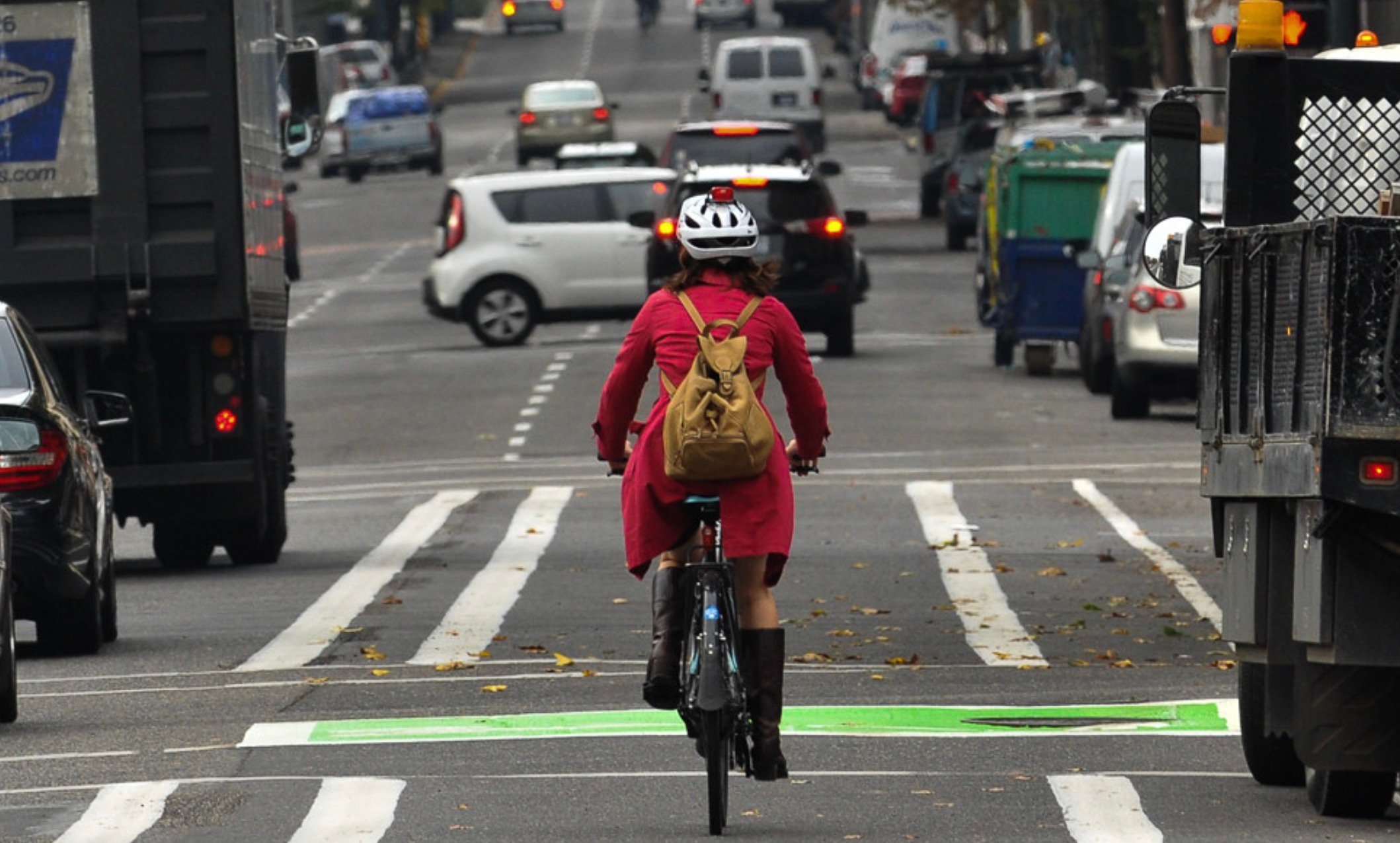- cross-posted to:
- urbanism@slrpnk.net
- urbanism@hexbear.net
- cross-posted to:
- urbanism@slrpnk.net
- urbanism@hexbear.net
Since it’s singling out women, I’d have expected some kind of comparison to, say, men, but the article appears to discuss only women’s exposition to general situations one might encounter as a bicycler.
While being threatened on your life or having to leave the road until a especially aggressive trafficant gets bored and leaves is very annoying and can leave you shaking, it’s not actually rare for either gender to experience such situations (going by own experiences).
While I do imagine women suffer more abuse than men when biking, and while the article does not actually make any attempt to tell whether women experience more abuse on the roads than men, I’d say that the article definitely paints a need for better conditions for all bicyclers.
Sorry for the rant, I just dislike when someone singles out a demographic for cheap points, and then never follows up with relevant data.
I understand where you’re coming from. It’s true the survey doesn’t have any male polling group to compare to, so it’s difficult to quantify the difference.
But I still think it’s valuable for a couple reasons. For one, I think improving biking conditions for women and improving them for everyone is largely the same thing, so for the most part the solutions are the same no matter how you frame it.
For two, there is good data showing that women bike less than men when there’s less infrastructure, but that gap closes as the infrastructure improves. There might be a lot of reasons for that. I tend to believe, from comparing my experiences with the women I know, that it’s a mix of women receiving more (and scarier) abuse while biking, and young men just being more risk-tolerant in general. So why I agree this article doesn’t really prove that thesis, I’m personally inclined to think there’s truth to it.
Not disagreeing with the need for improved conditions but I also agree that it is annoying when there’s articles trying to make things a gender issue, without actually providing the data that would say that it is a gender issue. From what I can tell bike riders are generally the victims of abuse, especially from car drivers, to the point where they’re even seen as undesirables or other dehumanizing things that would warrant the abuse (from the perspective of the abuser).
The gap itself between genders on bikes is simply due to the lack of safe infrastructure. We see this in countless examples around the world. There’s just more men who are willing to take the risk to drive in unsafe traffic conditions, but the numbers of women (and also kids) go up significantly every time there’s good infrastructure change.
In the Netherlands (where I am from) the genders are far more 50/50 (as in who rides bikes). Given this piece is about a place in the US, the solution probably lies for a major part in better infra and far more civil drivers.
Yeah. In Germany it’s like 48/52, even without the great infra that you guys have.
Down to 17% seems very low and worth writing about imo, makes it really obvious that something’s off. Especially if portland is considered a relatively bike friendly place for north america if i remember that right.



